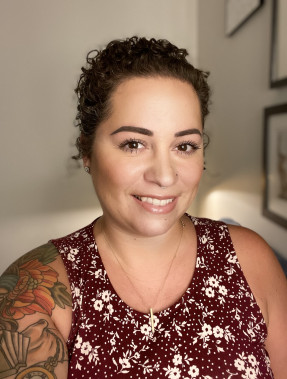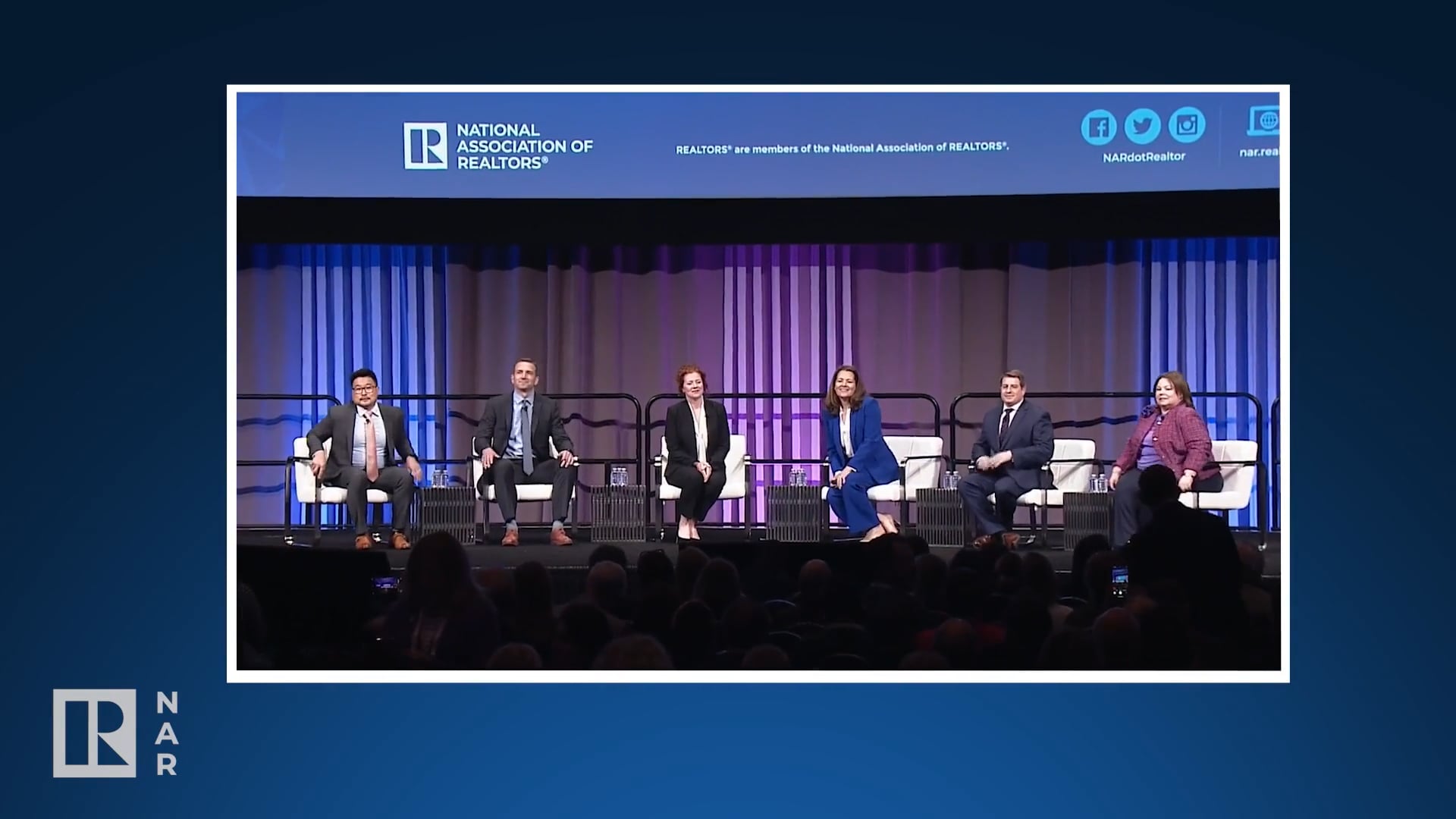Mitch Serlin understands the pain and isolation military veterans go through when they return home. A veteran himself—and a retired police officer who has worked for K9 and SWAT units—Serlin has experienced it. “I was in combat with the 101st Airborne Division in the first Gulf War. I did 20 years in the police force. You see a lot of trauma,” he says. “You see a lot of people in the worst experiences of their lives, and you can’t help but take that with you.”
When a person is exposed to extreme violence over and over, like an active duty soldier would, it becomes harder to relate to people who haven’t had that experience, adds Serlin, now a real estate agent with Whitetail Properties Real Estate in Pittsfield, Ill. That’s why people suffering from post-traumatic stress disorder can feel so alone.
When Serlin retired from the police force, he decided he wanted to find a way to give back to military veterans and first responders. So, he started Hope for Heroes, a foundation that focuses on providing community support for those left with scars—physical and mental—from their time in the service.
Read more stories of REALTORS®’ extraordinary service to their communities at the REALTORS® are Good Neighbors Facebook and Instagram pages. Don’t forget to share your volunteer story.
At first, Serlin leased a 1,630-acre property in Kentucky to run a series of outdoor events, including hunting, fishing, kayaking and camping, to build camaraderie with fellow veterans. But Hope for Heroes was so successful that Serlin expanded the nonprofit and purchased a property in New York, where he also has a real estate license. The six-bedroom home, which has accessibility features so all participants can enjoy it, will serve as the nonprofit’s headquarters. The new location will allow for a more diverse set of activities like snow skiing, sustainable agriculture and foraging. It also will provide a space for training service dogs.
The participants spend up to a week at a time together, and through their shared experiences, they find hope, healing and camaraderie. Serlin notes that his nonprofit is not a medical setting, and participants don’t engage in any kind of individual or group therapy. “We try not to teach them anything,” Serlin explains. “The individuals are inundated by the VA and their doctors already. This is more like osmosis. They learn from each other.”
So far, Hope for Heroes has helped 400 participants find peace and friendship. With the expansion, Serlin says he’s excited to help even more people. Another benefit to the New York location is that donors and supporters will be able to visit and get a firsthand look at the entity they’re supporting.
Practicing mindfulness is part of the program, as the kinds of activities offered require a present and focused mind. Participating in activities in nature makes a big difference for those working through PTSD, Serlin says. “PTSD is like a train. You know it’s coming, but you don’t know when, and you usually don’t have any control. When you’re in the outdoors, you don’t have any control over what nature is going to do—but you can control yourself, your reaction. It helps guys figure out how to do that in life, too.”
The mindfulness aspect of the outings is only a part of what works, though. Having someone who understands and who’s been there makes all the difference and reduces feelings of loneliness, Serlin says. “A lot of the healing happens when we’re at the table with one another, talking about the day while we eat dinner. The guys start to open up about their experiences, and they realize they’re not alone in their struggles. It’s grounding for them.”
One participant, a veteran of the Vietnam War who shared his combat experiences at the dinner table, told Serlin later that he hadn’t been able to talk about those things in 40 years. “He started to cry and told me he felt like some of the burden was lifted off his back because he was around people who understood,” Serlin recalls. Another participant told Serlin that the outing saved him from committing suicide. It helped him see for the first time that he wasn’t alone and people cared about his service to his country and community. “We just thought we were doing a good thing, but to find out we had that kind of impact—I can’t really put words to it. It’s just awesome.”







